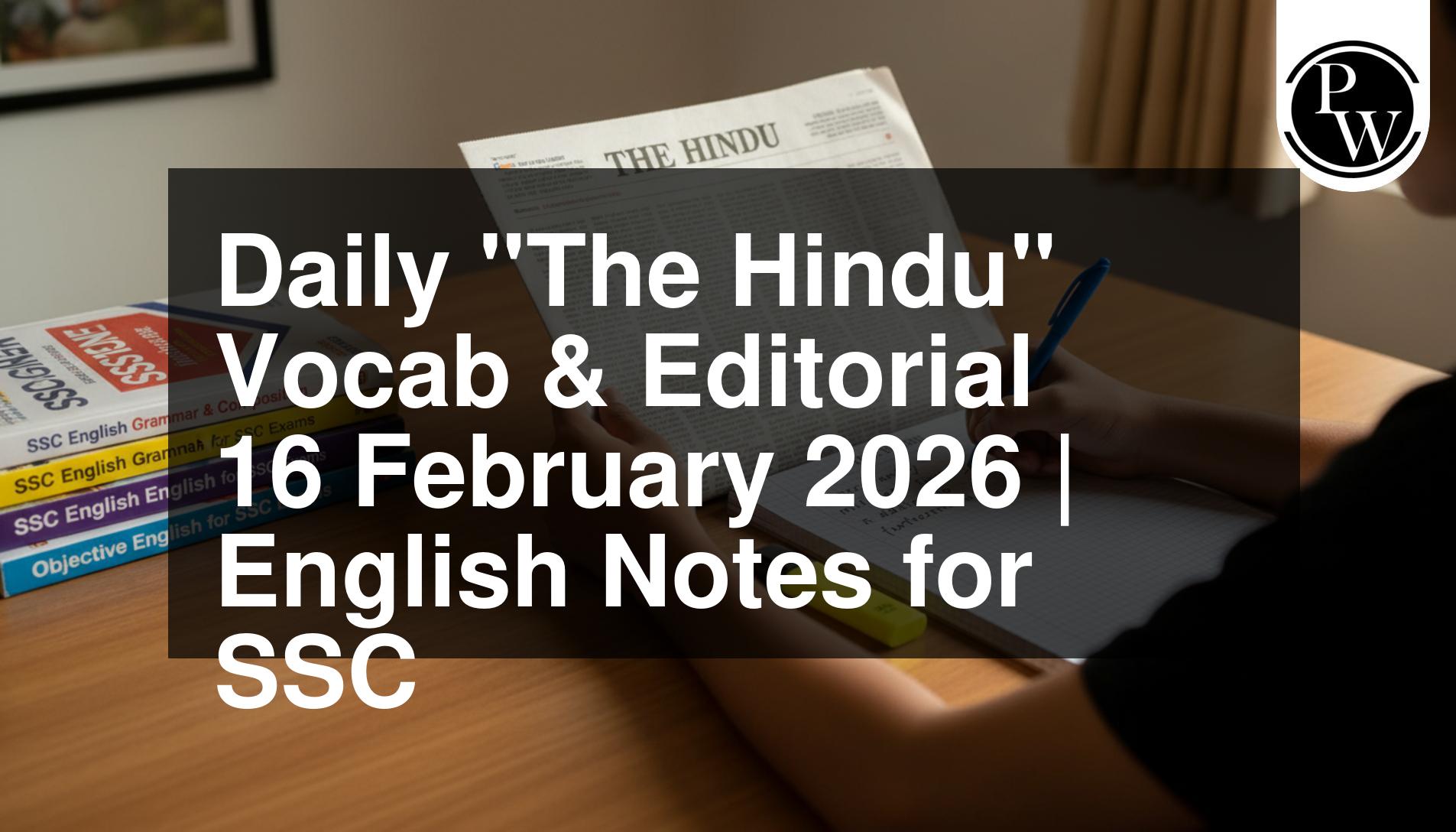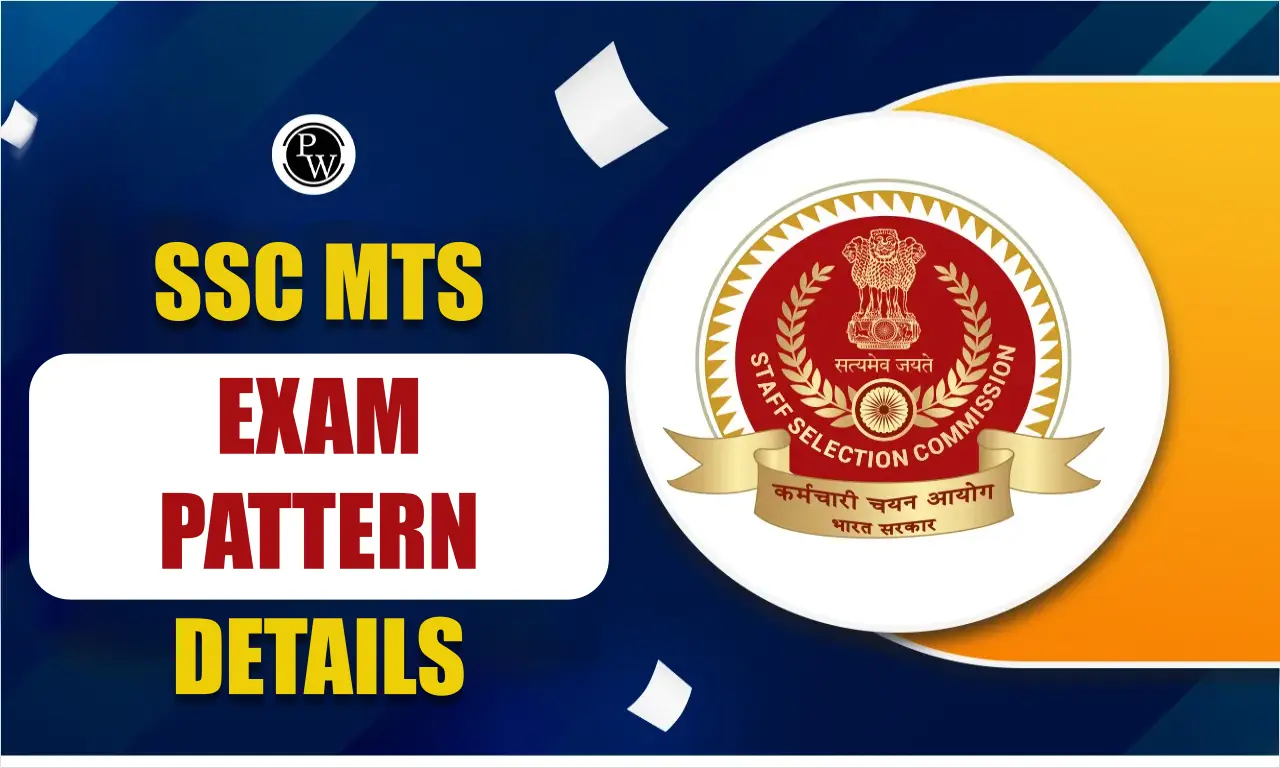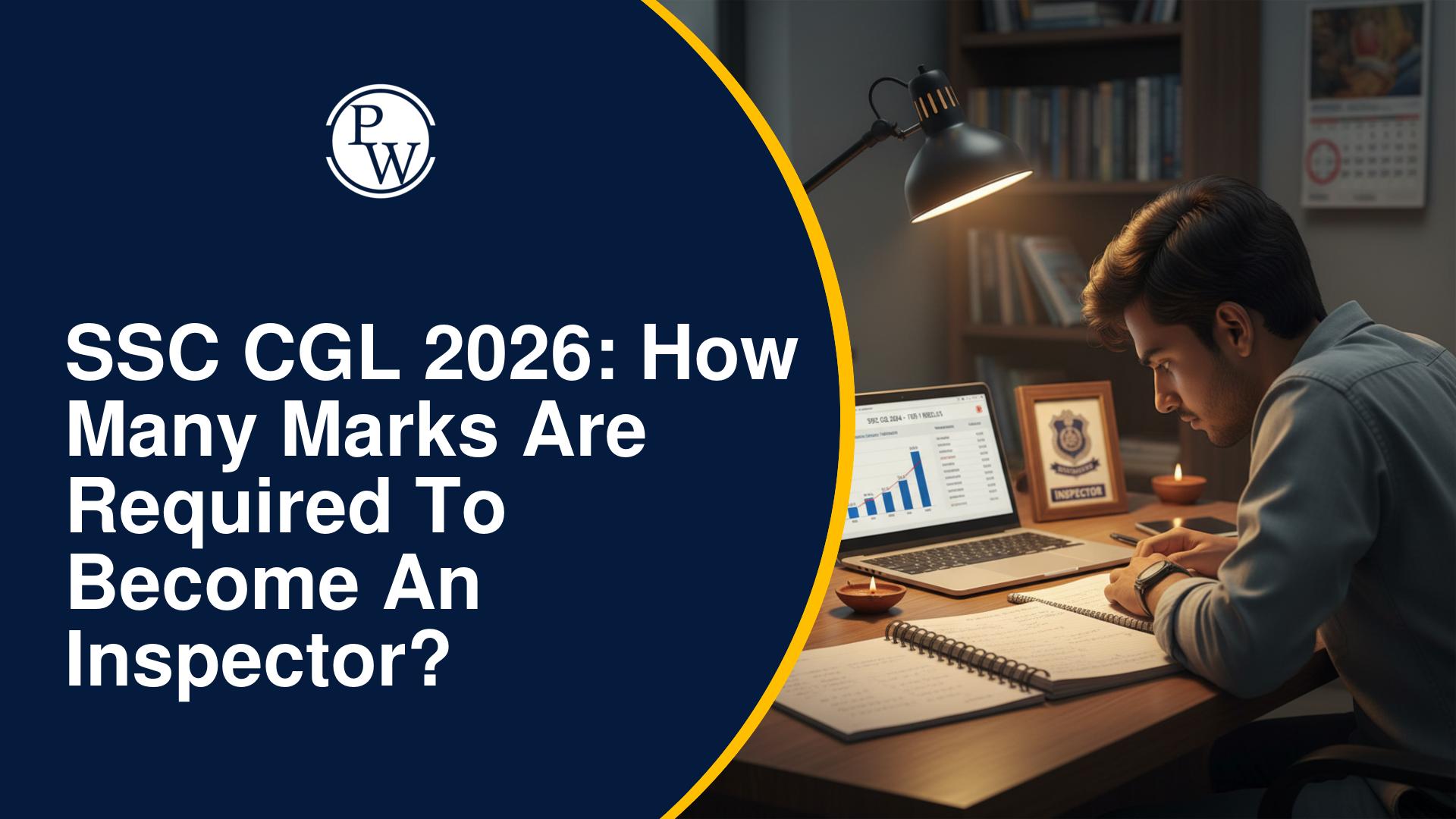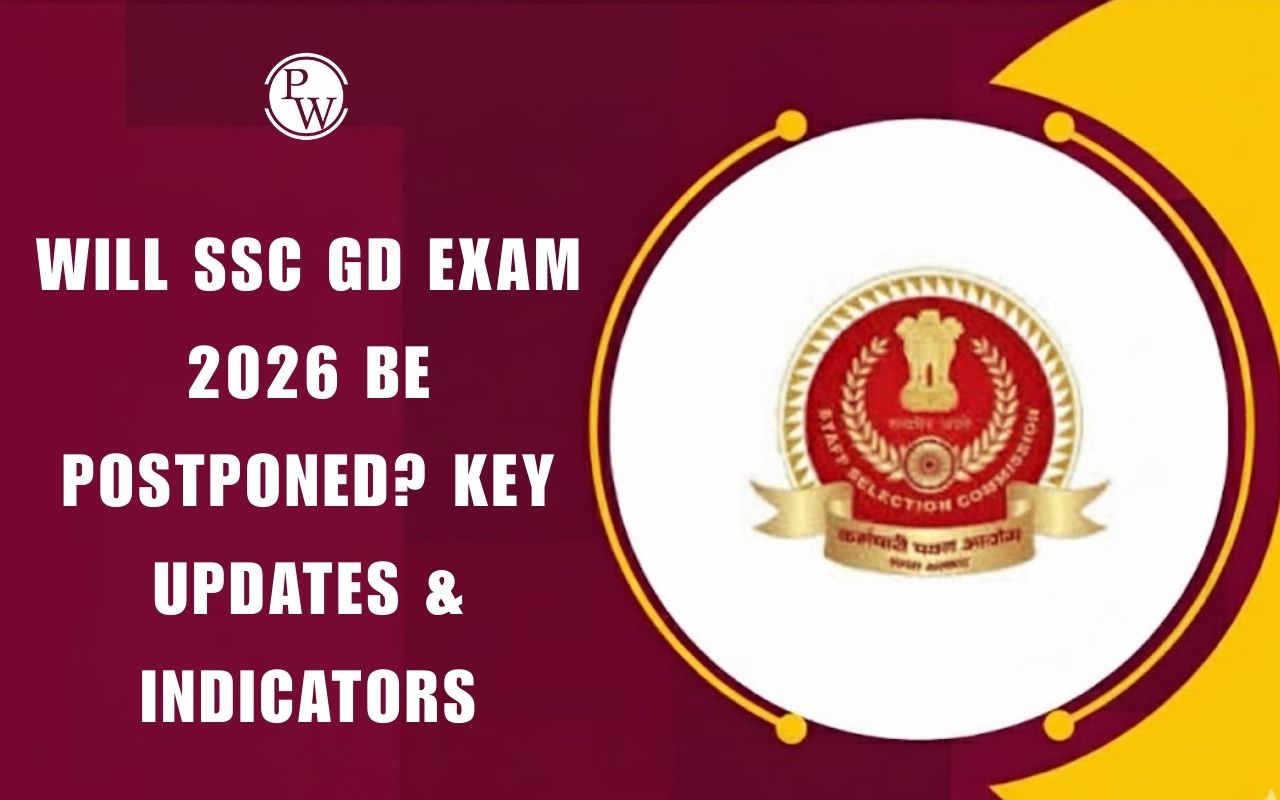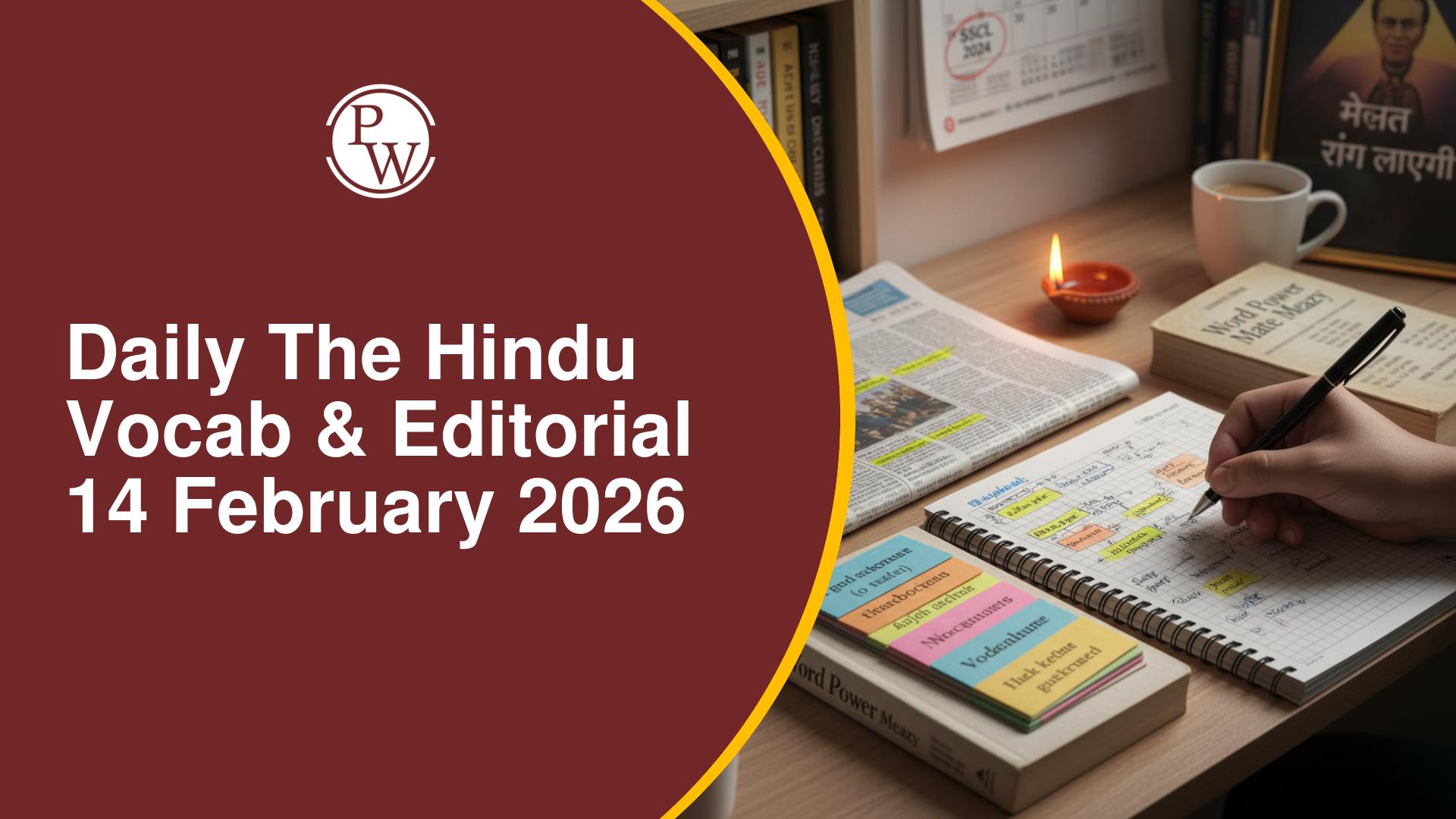
Study Plan for Delhi Police Head Constable Exam: The Delhi Police Head Constable exam is a competitive examination conducted by the Staff Selection Commission (SSC) to recruit candidates for Head Constable (Ministerial) posts in the Delhi Police.
Check 6 months detailed study plan to help candidates with a structured approach, covering all subjects, preparation strategies, important topics, and much more.
Study Plan for Delhi Police Head Constable Exam
A study plan for the Delhi Police Head Constable Exam is crucial as it ensures structured preparation, covering all subjects. It helps in time management, consistent revision, and mock test practice, enhancing accuracy and speed. A well-planned approach boosts confidence and reduces stress.
Understanding the Selection Process and Exam Pattern
Before starting preparation, it is crucial to understand the selection process and Delhi Police Head Constable Exam Pattern. The Delhi Police Head Constable exam consists of four main stages including CBT, PET/PST, Typing test and more.
Delhi Police Head Constable Computer-Based Test (CBT)
CBT covers General Awareness, Quantitative Aptitude, General Intelligence, English Language, and Computer Fundamentals. The total marks for this exam are 100, and candidates have 90 minutes to complete it.
|
Delhi Police Head Constable Computer Based Test |
|||
|
Section |
Number of Questions |
Marks |
Duration |
|
General Awareness |
20 |
20 |
90 minutes |
|
General Intelligence |
25 |
25 |
|
|
Mathematics |
20 |
20 |
|
|
English |
25 |
25 |
|
|
Computer Fundamentals |
10 |
10 |
|
|
Total |
100 |
100 |
|
Delhi Police Head Constable Physical Endurance & Measurement Test (PE&MT)
The PE&MT evaluates the physical fitness of the candidates. These tests ensure that candidates are physically capable of performing the duties required of a Head Constable.
|
Delhi Police Head Constable Physical Endurance Criteria |
|||
|
Male Candidates |
|||
|
Age |
Up to 30 years |
30 years to 40 years |
Above 40 years |
|
1600 meters race |
07 minutes |
8 minutes |
9 minutes |
|
Long Jump |
12½ feet |
11½ feet |
10½ feet |
|
High Jump |
3’6 |
3’3 |
3’0 |
|
Female Candidates |
|||
|
Age |
Up to 30 years |
30 years to 40 years |
Above 40 years |
|
800 meters race |
5 minutes |
6 minutes |
7 minutes |
|
Long Jump |
9 feet |
8 feet |
7 feet |
|
High Jump |
3’ |
2’6 |
2’3 |
6 Months Study Plan for Delhi Police Head Constable Exam
Since the exam is scheduled for December 2025 - January 2026, starting in June or July 2025 will allow sufficient time for preparation. Below is a 6-month study plan to help candidates prepare efficiently.
|
6 Months Study Plan for Delhi Police Head Constable Exam |
||
|
Months |
Focus Area |
Study Plan |
|
Month 1 & 2 |
Build Strong Fundamentals |
General Awareness: Focus on Static GK (History, Geography, Polity, Economy), read current affairs daily, and revise important national & international events from the past year. General Intelligence & Reasoning: Practice series, coding-decoding, puzzles, direction sense, and blood relations daily, and solve at least 20 questions daily from different topics. Quantitative Aptitude: Strengthen basic concepts of Arithmetic (Percentages, Profit & Loss, Average, Ratio & Proportion, Time & Work), and practice 15-20 questions daily. English Language: Improve grammar (tenses, prepositions, articles, subject-verb agreement), learn vocabulary (synonyms, antonyms, one-word substitutions, idioms & phrases), solve reading comprehension questions daily. Computer Knowledge: Learn basic computer concepts (MS Office, Internet, Networking, Cyber Security), revise shortcuts, and important functions in MS Word & Excel. |
|
Month 3 & 4 |
Focus on Practice |
Start attempting the previous year's question papers. Take daily quizzes on GK, reasoning, and quantitative aptitude. Improve typing speed by practicing daily for at least 30 minutes. Increase mock test frequency – Attempt at least 3 full-length mocks per week. |
|
Month 5 & 6 |
Revision & Full-Length Mock Tests |
Revise all topics and shortcut techniques. Solve at least 5 mock tests per week to assess preparation level. Analyze mistakes and work on weak areas. Continue typing practice for speed & accuracy. |
Subject Wise Preparation Strategy For Delhi Police Head Constable Exam
The Delhi Police Head Constable exam requires thorough preparation in multiple subjects, including General Awareness, Reasoning, Quantitative Aptitude, English Language, and Computer Knowledge. Each subject demands a strategic approach to cover important topics and enhance accuracy. Below is a detailed breakdown of all subjects with key topics and preparation strategies.
Preparation Strategy for General Awareness
General Awareness plays a crucial role in scoring high marks in the exam. This section covers Static GK, Current Affairs, Economy, Science, and Polity. A strong foundation in these areas helps in answering factual and analytical questions.
-
History: Candidates should cover Ancient, Medieval, and Modern Indian History. Focus on important dynasties, battles, social movements, and freedom struggle events.
-
Geography: Understanding physical, political, and economic geography of both India and the world is essential. Key topics include climate, rivers, mountain ranges, natural resources, and important international boundaries.
-
Polity: The Indian Constitution, Fundamental Rights & Duties, Parliament, Judiciary, and important amendments should be studied thoroughly. Roles of President, Prime Minister, Governor, and Supreme Court judgments are frequently asked.
-
Economy: Candidates must grasp basic economic concepts like inflation, national income, banking system, and budget highlights. Government schemes and economic reforms are also important.
-
Science & Technology: Questions are asked from Physics, Chemistry, Biology, Space, and Technological Innovations. Focus on basic scientific principles, Nobel Prize-winning discoveries, and ISRO’s space missions.
-
Current Affairs: This is a highly dynamic section that includes national and international news, sports, awards, summits, government schemes, and important reports.
Regular reading of newspapers and making short notes for revision is a useful strategy for this section.
Preparation Strategy for General Intelligence & Reasoning
The Reasoning section is designed to test logical thinking and problem-solving skills. Candidates should focus on both verbal and non-verbal reasoning to improve accuracy and speed.
-
Coding-Decoding: Understanding number-letter substitutions and logical sequences.
-
Analogy & Classification: Identifying relationships and patterns among words, numbers, or figures.
-
Blood Relation & Direction Sense: These topics involve family tree analysis and orientation-based puzzles.
-
Syllogism & Logical Reasoning: Statement-based logical conclusions should be practiced regularly.
-
Puzzles & Seating Arrangement: These require logical approach and visualization skills.
-
Mathematical Operations & Series: Number and alphabet series, missing numbers, and sequence-based problems appear frequently in the exam.
Practicing reasoning puzzles and attempting online quizzes daily helps in mastering this section efficiently.
Preparation Strategy for Quantitative Aptitude
Mathematics is an important section in this exam, requiring a solid grasp of fundamental concepts and time management skills. Focus should be on Arithmetic, Data Interpretation, and Number System.
-
Arithmetic: Key topics include Profit & Loss, Percentages, Time & Work, Averages, Ratio & Proportion, and Simple & Compound Interest.
-
Data Interpretation: Bar Graphs, Pie Charts, and Tables form an essential part of this section. These topics require quick calculations and approximation techniques.
-
Number System & Simplification: Cover topics like LCM & HCF, BODMAS rule, Square roots, and Cube roots.
A strong foundation in basics and daily practice of 20-30 questions will help in increasing speed and accuracy. Using short tricks and mental calculations can be beneficial.
Preparation Strategy for English Language
This section tests grammar, vocabulary, and reading comprehension skills. To score well, candidates need to improve both accuracy and reading speed.
-
Grammar: Key topics include Tenses, Articles, Prepositions, Modals, Subject-Verb Agreement, and Sentence Correction. A strong command of grammar rules helps in solving error detection and sentence improvement questions.
-
Vocabulary: Learning Synonyms, Antonyms, Idioms & Phrases, and One-word substitutions is crucial for solving direct vocabulary-based questions. Reading newspapers and noting down new words helps in vocabulary building.
-
Comprehension & Cloze Test: Passages are given to test understanding and inference skills. Candidates should practice different types of reading comprehension, fill-in-the-blanks, and para-jumbles to improve efficiency.
A daily habit of reading editorials and solving mock comprehension passages will significantly improve performance in this section.
Preparation Strategy for Computer Knowledge
With the increasing use of technology in government offices, basic computer knowledge is essential for this exam. The questions in this section are usually straightforward but require familiarity with computer fundamentals.
-
Basics of Computers: Understanding hardware, software, operating systems, and memory units.
-
Internet & Networking: Cover topics like IP Address, Wi-Fi, LAN, WAN, and cyber security threats.
-
MS Office: Microsoft Word, Excel, and PowerPoint shortcuts and functions are frequently asked.
-
Cyber Security: Topics include types of malware, firewalls, encryption, and phishing threats.
-
Common Computer Abbreviations: Knowledge of full forms like HTTP, URL, RAM, CPU, and VPN is necessary.
Practicing basic computer operations and revising key terms can help in scoring well in this section.
Preparation Strategy for Physical & Typing Test Preparation
Begin your daily running practice and gradually increase the distance to build stamina and endurance. Alongside running, incorporate strength training exercises such as squats, push-ups, and jumping exercises to improve overall fitness and agility. Additionally, dedicate time to typing practice using Typing software or online platforms to enhance speed and accuracy, ensuring better performance in the typing test.
Tips for Success for Delhi Police Head Constable Exam
By following this detailed study plan with discipline and hard work, candidates can prepare well for the Delhi Police Head Constable exam. Check some additional tips below.
-
Follow a timetable and stick to the plan.
-
Focus on weak subjects and improve gradually.
-
Attempt full-length mock tests regularly.
-
Stay updated with current affairs.
-
Practice the previous year's question papers.
-
Maintain physical fitness for the PE&MT stage.
PW provides SSC exam related content including sample papers, mock tests, guidance sessions, and more. Also, enroll today on SSC Online Coaching.
| Also Read | |
| Delhi Police Head Constable Eligibility | Delhi Police Head Constable Selection Process |
| Delhi Police Head Constable Syllabus | Delhi Police Head Constable Cut Off |
Study Plan for Delhi Police Head Constable Exam FAQs
How should I start my preparation for the Delhi Police Head Constable Exam?
How much time should I dedicate daily for preparation?
What is the best way to prepare for the Computer Awareness section?
How can I improve my speed and accuracy for the exam?




